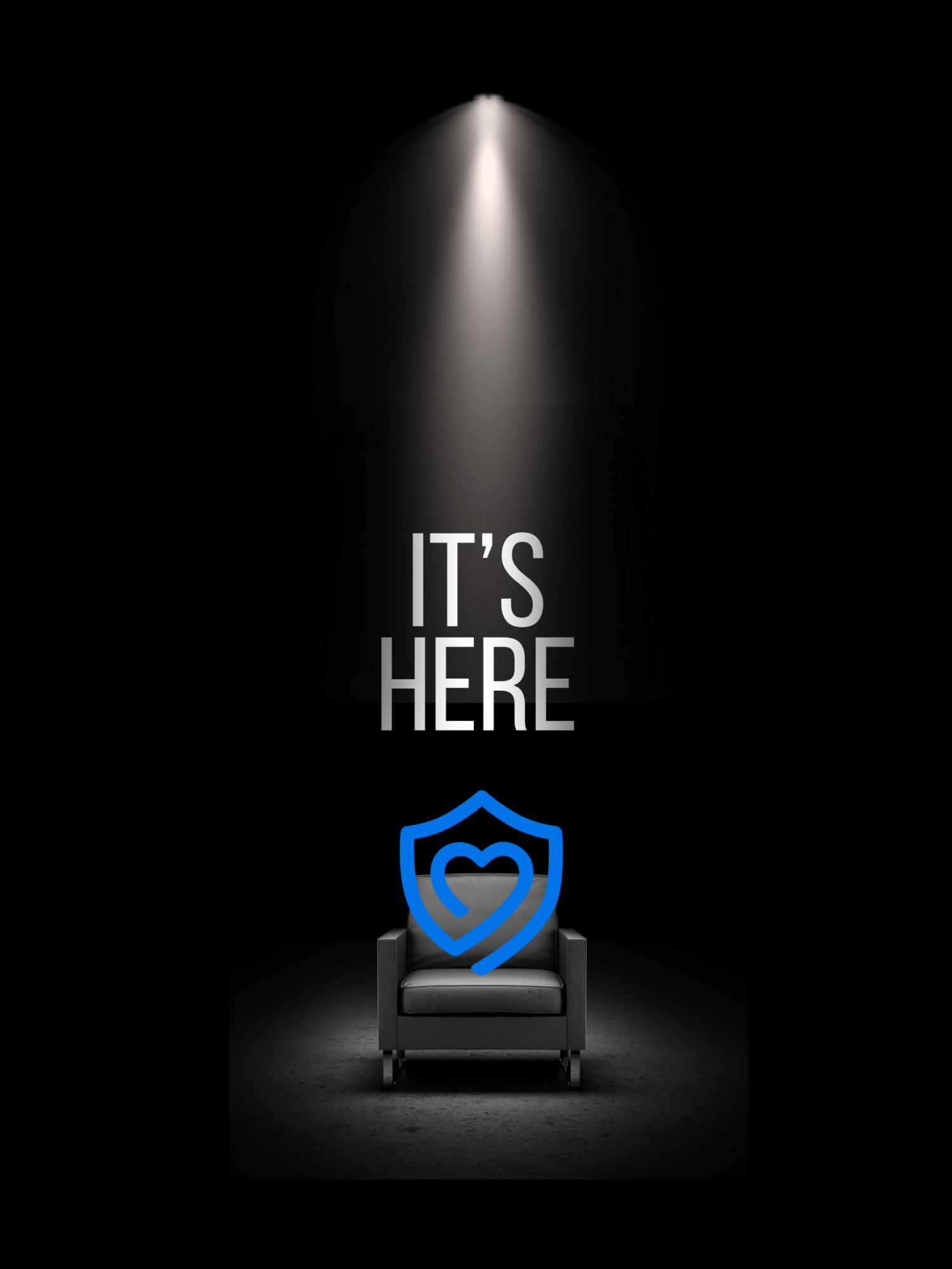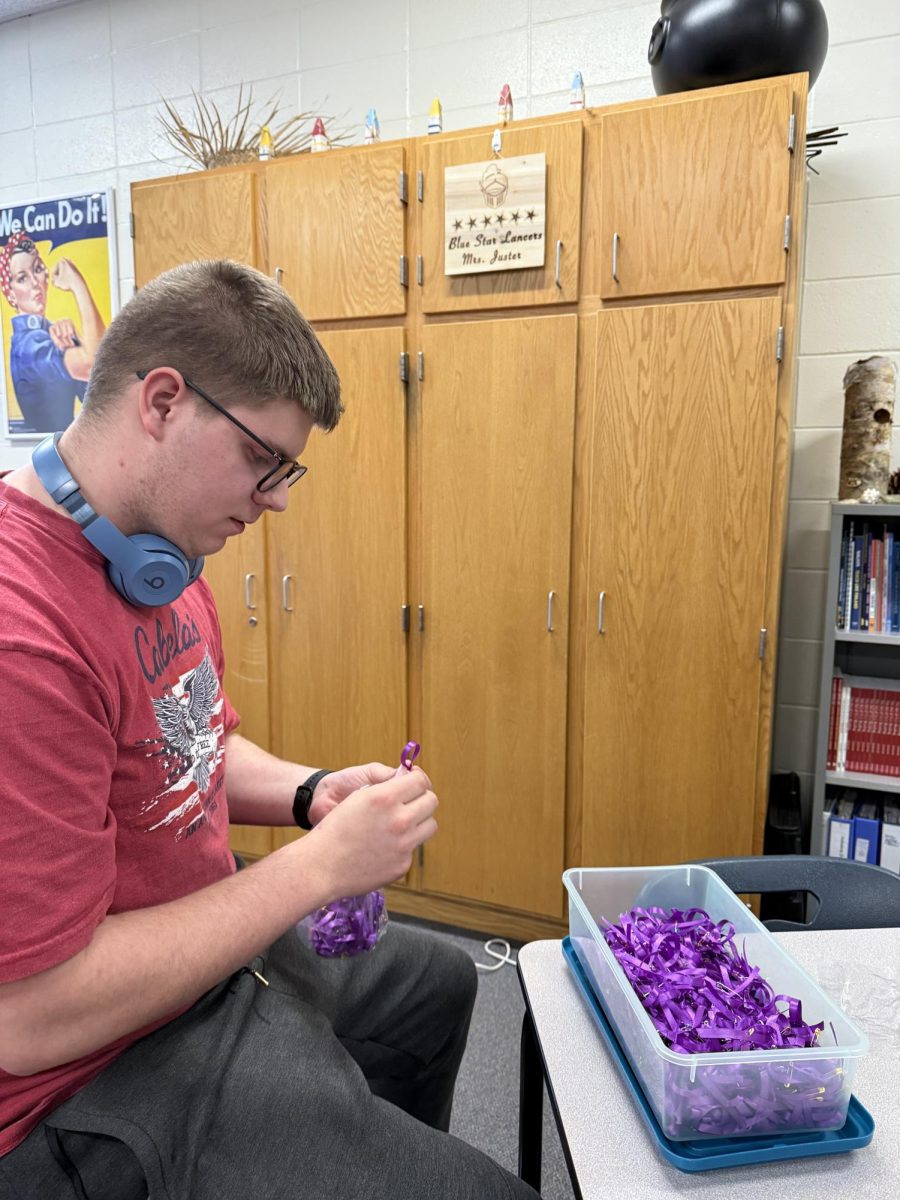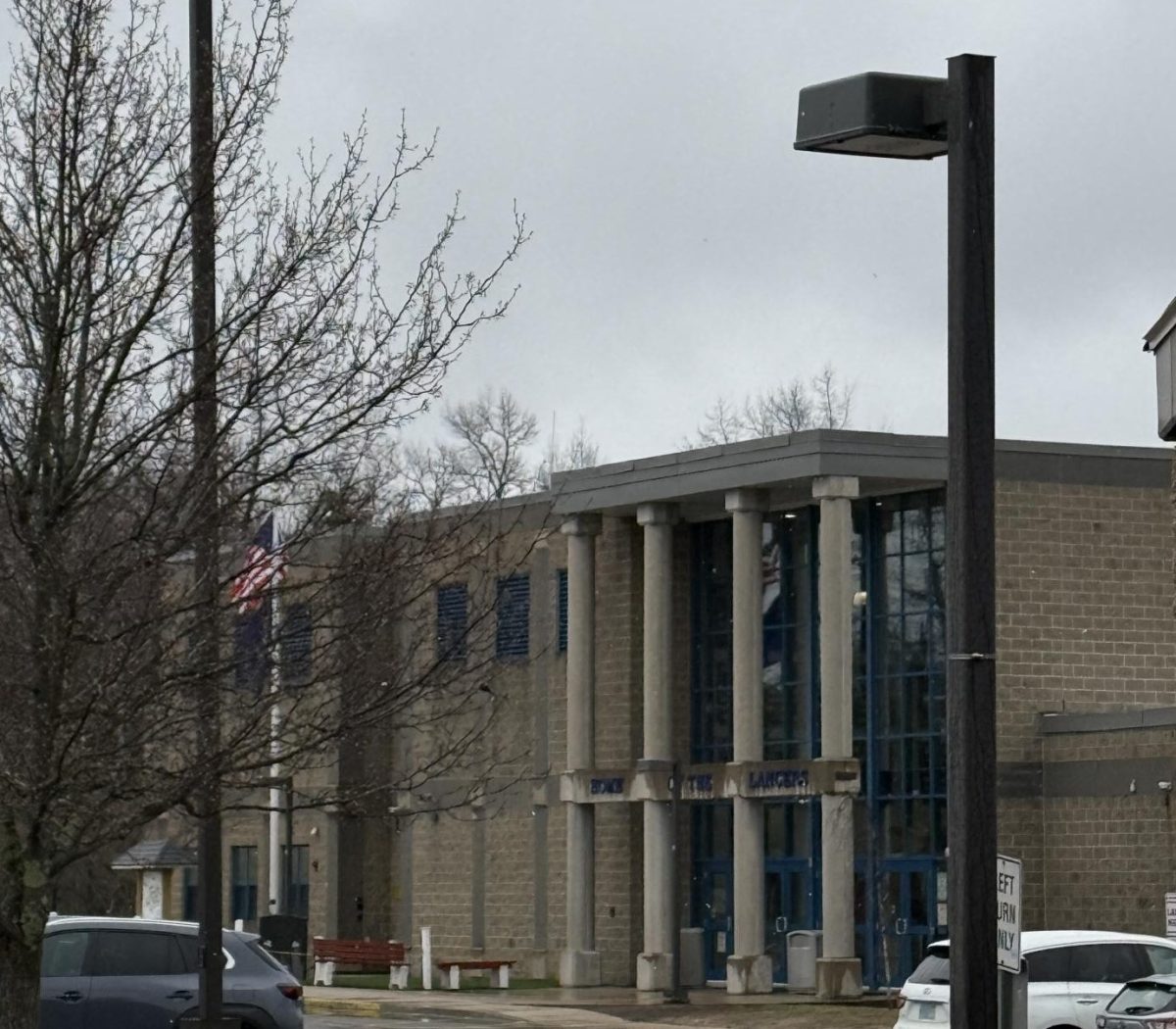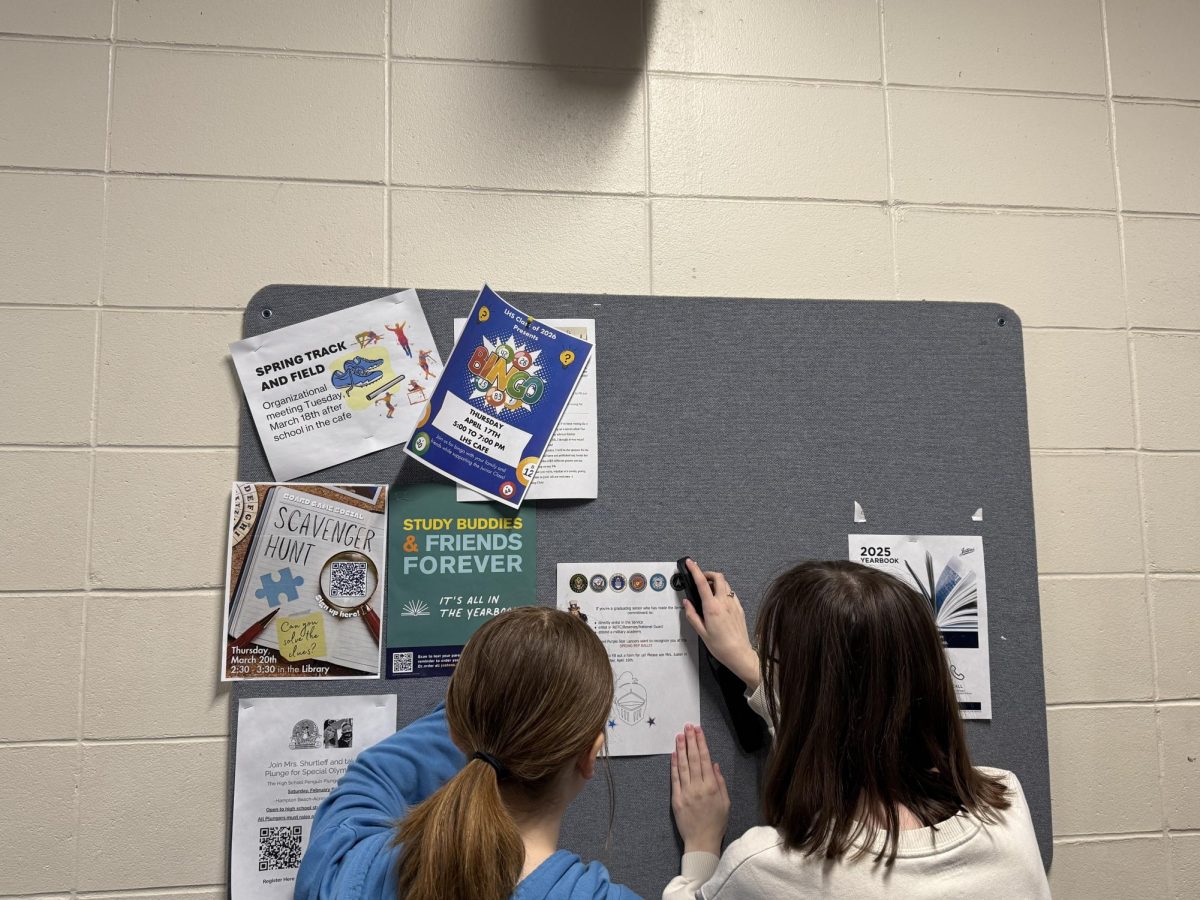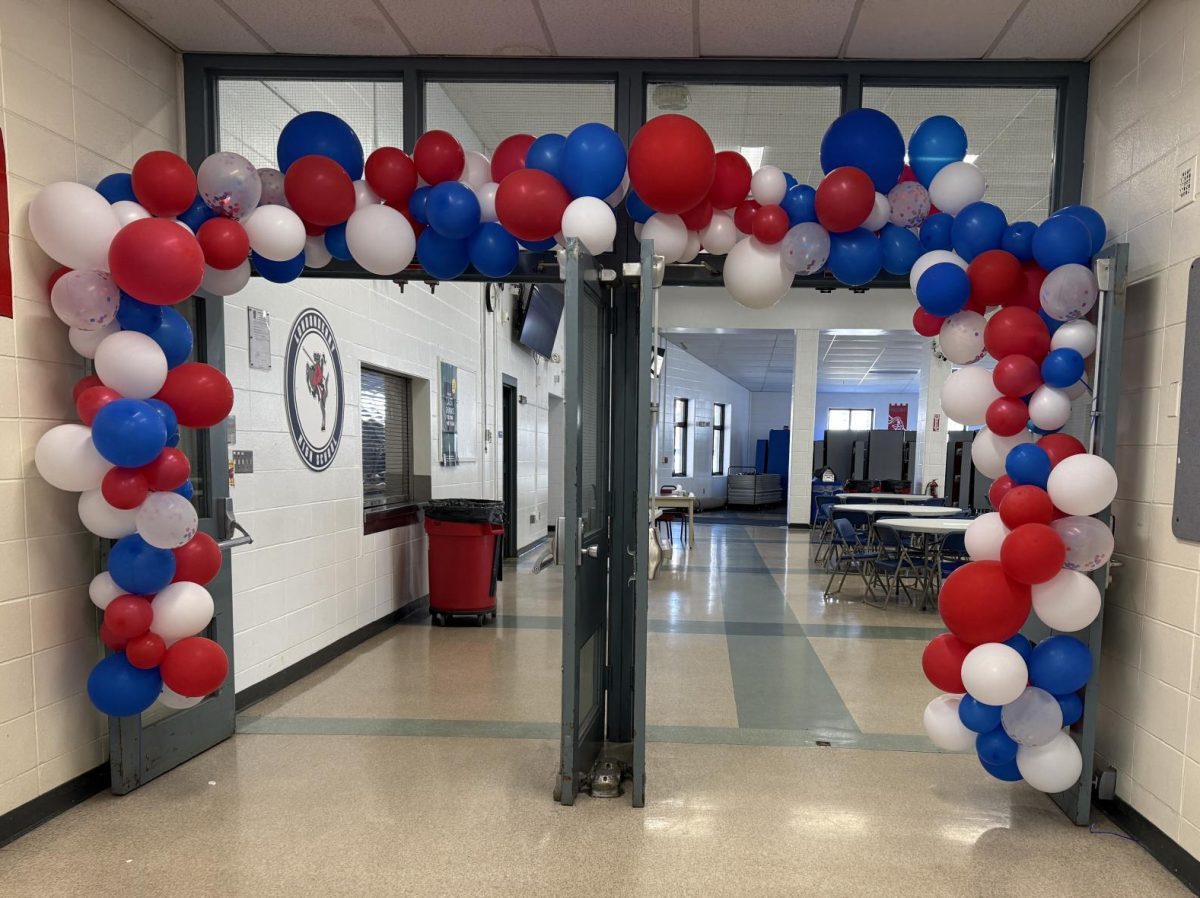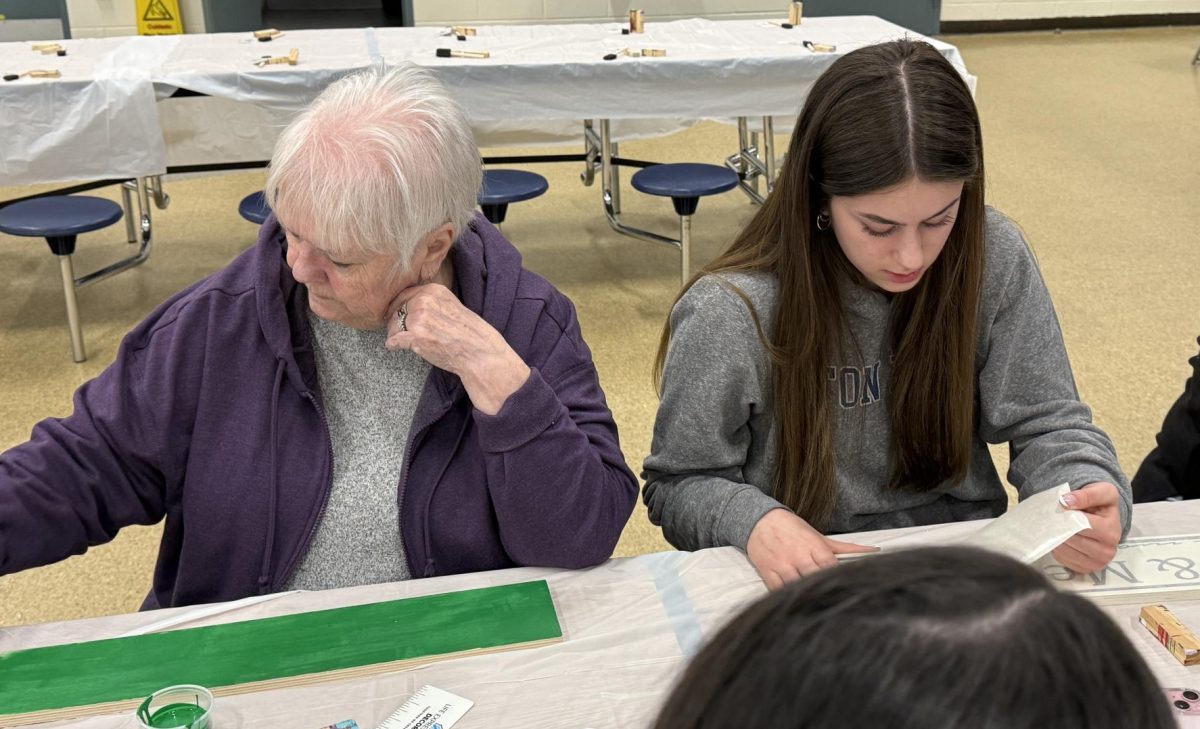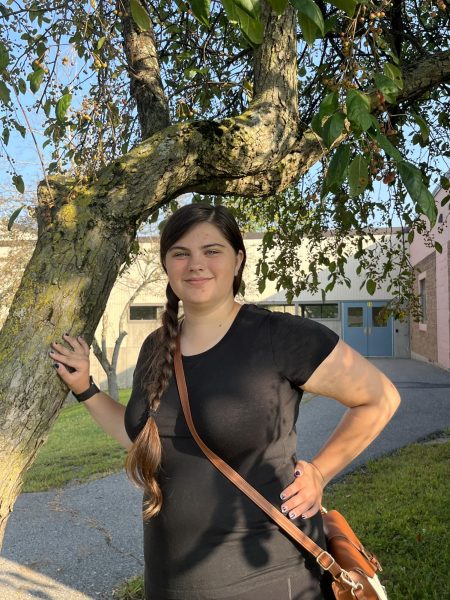By now most students are familiar with the new Securly pass system. Since its implementation here at the high school it has been met with a large amount of student pushback, many unhappy with the change.
The idea of switching over to a digital hall pass system has been in the works since last spring in order to address the disorganization that had pervaded the pass systems in use for ages, and has just come to fruition through the collaboration of LHS Principal Rick Barnes and library media specialist Brayall.
“[Securly] provides us with a consistent method that we can say we expect all staff and students to use versus the umpteen different methods that were out there,” said Barnes. “Students are going to be moving about the building, there is going to be a segment of the school’s population in the hallways at any given time. We need to know where they are, or at least where they said they were going. So if we have to send someone looking for them [in an emergency] they’ll know where to go. They’re not going to have to start from one end of the building and go to the other.”
Securly Pass is one of many online programs owned by parent company Securly. Securly offers many services to schools, and brands themselves on their website as “The Student Safe Company” and “a market leader in K-12 safety and wellness” The Securely pass system was originally known as EHall, before it was bought out by Securely and rebranded into the system that it is today. Several options were considered for a digital pass system, such as Minga and SmartPass which was also a strong contender.
As Securely was not budgeted for in the current year’s budget, it was paid for as part of the IT departments left over funds for new software.
Administration had many reasons to switch over to a unified digital pass system, one of which was dealing with emergency situations.
“In the world that we live in, increasingly we see the things that happen in schools, whether it’s any kind of emergency,” Barnes said. “I would say if you were looking historically it’s probably like 1999 is when the heightened sense of security in schools began and it’s just kind of continued on. There’s just a whole lot of moving parts. We felt like we needed to be able to have an account for where they are supposed to be so we can make sure people are safe.”
Administration also plans to continue to test Securly in new ways to try and push the program as far as possible to accommodate the needs of students and teachers. Administration plans to continue to test the Securly program during emergency drill and to “gamify” things as they find new ways to use Securely in an emergency situation to the advantage of staff, administration, and emergency services.
Another reason that many students may be more familiar with from Mr. Barnes’ email to the student body at the beginning of this change is time. During an examination of the old pass system, it was determined that 30 seconds of class time was being wasted during the creation of every single pass. While that number may seem small, there are a lot of passes made every day, 900 on average. That’s about 7 and a half hours every school day being taken up by passes.
“That’s a lot of lost time and disruption to learning,” said Barnes.
It was found during trials of Securely that the time needed to create a pass was reduced to 10-12 seconds, a 60% reduction in time. Of course that’s all if things go well. As we all know, the internet at LHS isn’t always up to speed or available and that means the amount of time needed to create a Securely pass may vary, and if the Securely system goes down, the old pass systems will remain in place as a backup.
A large concern that many students have raised is the ten minute timer on passes. Well I’m here to reassure you no one is going to be calling you down to the front office, and Mr. Barnes isn’t going to be coming to chase after you in a Batman suit when you exit the bathroom because you needed more than ten minutes to use the restroom.
“It’s really up to the teacher. It’s not like an alarm goes off in an administrator’s office when someone’s [overextends their pass],” said Barnes. “We still rely on the teacher just like we would [normally]. That hasn’t changed. It’s really the teacher at the teacher level where that is addressed.”
However if going over time limits becomes a consistent problem, or evidence arises that students are using passes to skip class, that’s another story.
“When a student is gone constantly, 20 minutes on a pass, multiple times a day, that’s a concern,” said Barnes. “But we’d also probably notice that because they’d be in the halls a lot and we also would expect the teacher to make us aware of that,”
Some tension has arisen into how Securely and the cell phone policy will work together with the increased reliance on technology that Securely brings about. Having to bring out a laptop anytime you need to create a pass takes time, and presents a small inconvenience to students.
“We felt like the compromise that we have with cell phones this year was successful,” said Barnes. “There was a better balance than previous years and we had a lot of debate about that. Is this going to now make the cell phone a thing again and kind of undo some of the good things that happened. These things will evolve. It is a tricky one but given what Securly we feel offers, it was worth trying to find that balance.”
Securly pass and the switch over to a digital pass will also help cut back on the large amount of paper being used to print out passes.
Of course, there is no way to talk about Securely without also mentioning the lawsuit against them in California filed against their web filtering software by parents Sheri Bate and Azucena Mejia.
They claim that Securly’s web filtering software stored geolocation information without parent’s knowledge or consent for the purpose of target advertisement in violation of California’s laws against wiretapping, though as geolocation information was not mentioned under those laws it is unclear how it will proceed or if any verdict has already been reached. Securly’s web filtering software also has a 65% privacy rating on Common Sense and has a privacy warning against them currently.
However, this lawsuit is in California which has different student privacy laws and requirements for schools and a similar situation is unlikely to arise here in New Hampshire as all software that is used here at the high school is required to sign several legal documents ensuring that they will not share any student information in accordance with New Hampshire law.
However, all of these lawsuits and warnings seem to just be against their web filtering software, and not the digital hall pass that LHS is currently using. And administration remains hopeful that students adjust to the new pass. system.
“It’s something new,” said Brayall. “And people tend to not like stuff that is new. Like at the beginning of the year everyone was upset about the cellphone policy, but now it’s just a part of what we do.”



